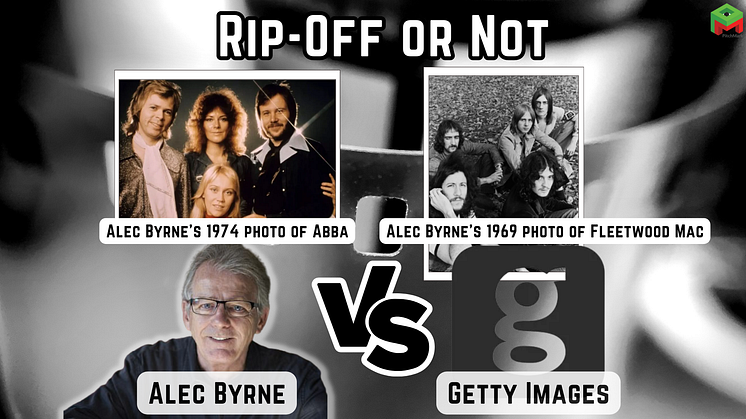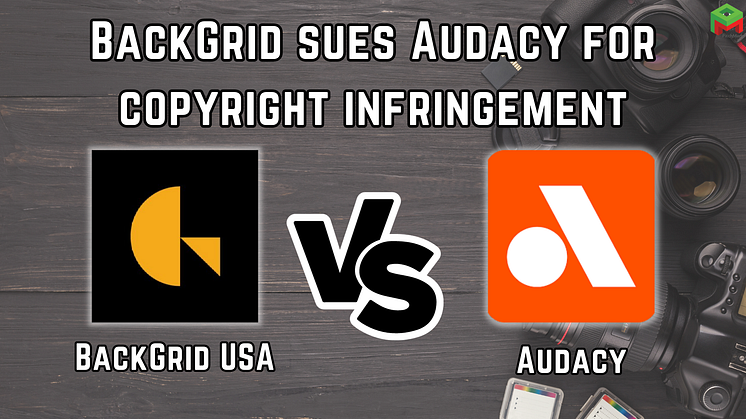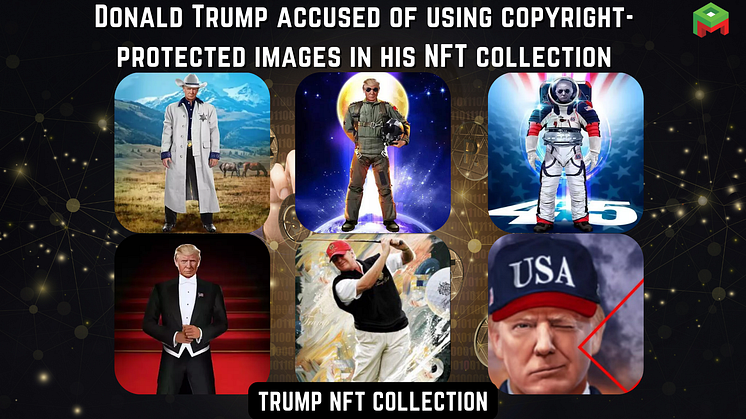
News -
Photographer Alec Byrne sues Getty Images for copyright infringement
Renowned music photographer Alec Byrne has sued Getty Images for copyright infringement, saying that the firm sold popular photographs he snapped of bands such as ABBA, Fleetwood Mac, and the Bee Gees without his permission.
The California-based lawsuit, which seeks both damages as well as a permanent injunction, claims that Getty Images violated copyright by selling images captured by Byrne in the United Kingdom between 1969 and 1973.
According to the lawsuit, at least 175 Getty Images customers used the company’s “Premium Access” subscription service to download and publish on their websites one or more of Byrne’s photographs, and at least different 62 consumers bought “a la carte” picture licenses.
“Upon information and belief, Getty Images has received ill-gotten revenues from the unauthorized licensing and distribution of the Subject Photographs, including but not limited to the subscription downloads and a la carte sales made to the Doe Defendants,” the lawsuit claimed.
Among the defendants in Byrne’s case are numerous high-profile Getty customers, including the LA Times, Vox Media, Dotdash (which owns People Magazine), and Quarto Publishing, as well as the foregoing 237 unidentified “John Doe(s)”.
On November 16, 2021, Byrne discovered Getty’s alleged wrongdoing when he found his 1974 ABBA photograph being sold by Getty and credited to Redferns Music Picture Library which was acquired by Getty Images in 2008.
It’s unknown how Byrne’s photographs ended up at the Redferns Library. The lawsuit does not specify whether Byrne may have had a contract with Redfern prior to Getty’s takeover.
However, Byrne claims in court documents that he “never entered into any licensing agreement or other contract with Getty Images.”
Furthermore, according to Byrne’s case, “Getty Images licensed and distributed the ABBA Photograph despite explicitly representing to its customers that the image was a “publicly distributed handout” and that it could provide ‘ACCESS RIGHTS ONLY.’”
The specific complaint alleged is that Getty “displayed, published, distributed, and/or otherwise used and exploited one or more of the Subject Photographs…without authorization from the Plaintiff or a valid license” and that such unauthorized use was “willful, intentional, and/or the result of reckless disregard of Plaintiff’s copyrights.”
In a recent article, PitchMark detailed how Getty Images had filed a lawsuit against the artificial intelligence art tool Stable Diffusion, Stability AI, alleging that it had violated the copyrights of 12 million images in the company's library in order to develop a competitive business and seeking trillions of dollars in corresponding damages.
PitchMark helps innovators deter idea theft, so that third parties that they share their idea with get the idea but don’t take it. Visit PitchMark.net and register for free as a PitchMark member today.





